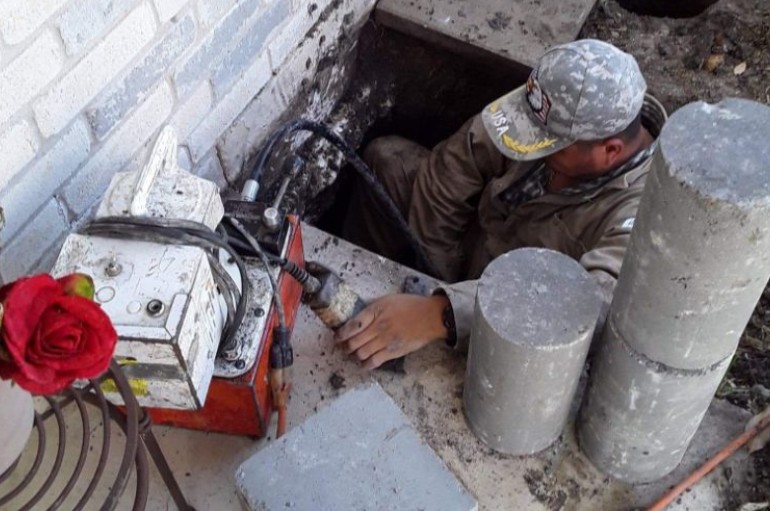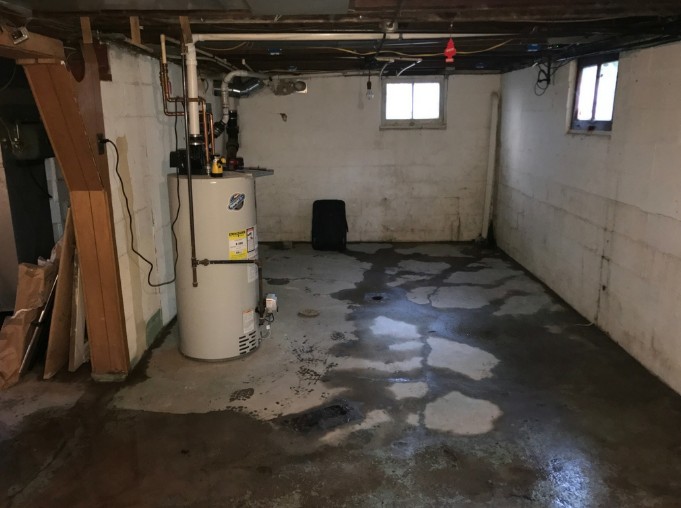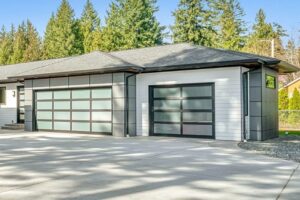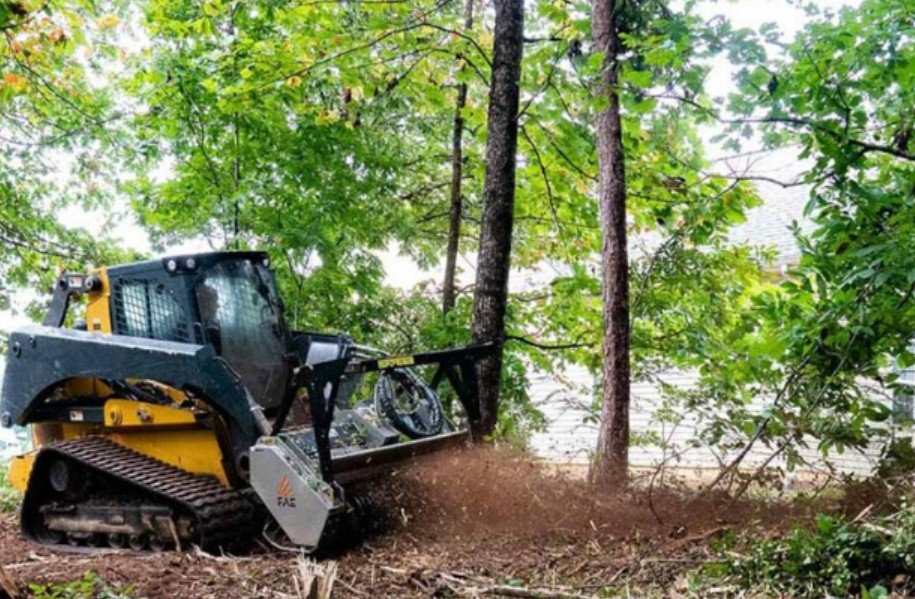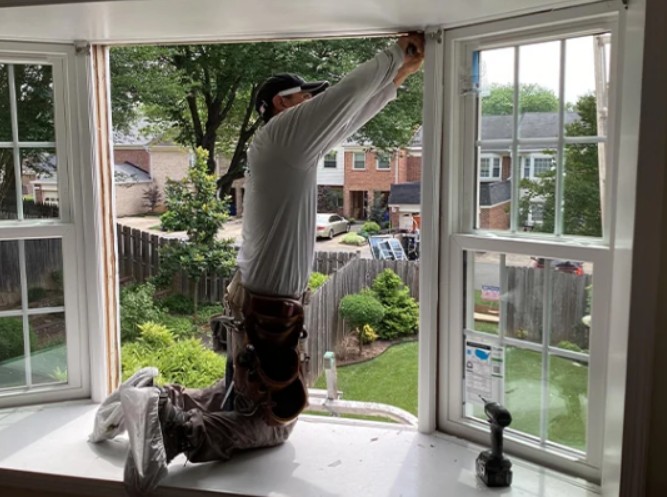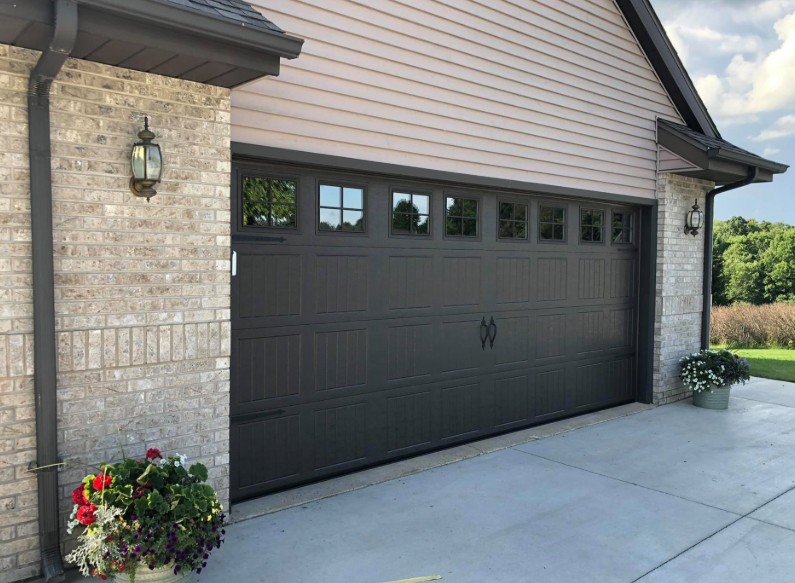
A reliable garage door opener is essential for convenience, security, and daily functionality. But like any mechanical system, it can run into issues over time. Whether your system is slowing down, making odd noises, or refusing to respond altogether, knowing what to look out for can save you time and costly repairs. In this article, we’ll explore common garage door opener problems, answer the question how long do garage door openers last, and guide you on what to do if your garage door opener needs repairs.
How Long Do Garage Door Openers Last?
A frequently asked question by homeowners is, how long do garage door openers last? On average, a well-maintained garage door opener will last 10 to 15 years. However, the actual lifespan depends on several factors, including:
- Frequency of use: The more cycles (opening and closing) per day, the shorter the lifespan.
- Type of opener: Chain-driven openers may last longer than belt-driven models, although the latter offers quieter operation.
- Maintenance: Regular lubrication and part replacement (like springs or remote batteries) can significantly extend the life of the opener.
If your opener is more than 10 years old and starting to malfunction, it may be more cost-effective to replace rather than repair it.
Common Garage Door Opener Problems
There are several common garage door opener problems that homeowners experience. Some are simple DIY fixes, while others require a professional technician. Below are the most frequent issues:
- Remote or Wall Switch Not Working
If neither your remote control nor the wall switch operates the door, the problem might lie in the power source or the motor unit itself. Ensure the opener is plugged in and that there’s no tripped breaker. If power isn’t the issue, the logic board or motor may need inspection.
- Garage Door Reverses Immediately After Closing
This could be due to misaligned safety sensors or obstructed tracks. Safety sensors prevent the door from closing on objects or people. Cleaning the sensors and ensuring they’re aligned can often solve this problem.
- Unusual Noises During Operation
Grinding, squeaking, or rattling noises usually indicate that mechanical parts are worn out or poorly lubricated. Chain or belt tension might also be off. Regular maintenance can prevent this, but if the noise persists, professional service is recommended.
- Door Doesn’t Close All the Way
A door that stops short of closing fully could be a result of limit settings being off. Most openers have adjustable limit screws that control how far the door travels. Check your owner’s manual for adjustment instructions.
- Remote Control Malfunctioning
If your remote works intermittently or not at all, it could be a battery issue or signal interference. Replace the battery and ensure you’re within range. Reprogramming the remote may also help.
If you’re dealing with any of the above common garage door opener problems, it’s essential to act quickly to prevent further damage or inconvenience.
Signs Your Garage Door Opener Needs Repairs
Sometimes, it’s not about fixing a one-off issue — the whole system may be on the verge of failure. If your garage door opener needs repairs, look for these warning signs:
- Slow or jerky movement of the garage door
- Grinding or clunking sounds coming from the motor
- Unresponsive remotes or switches, even after battery replacements
- Inconsistent door operation, such as opening or closing halfway
- Garage door reversing without reason
Any of these could indicate that your garage door opener needs repairs — or even full replacement, especially if the unit is older.
DIY Fix or Call a Pro?
While some common garage door opener problems can be fixed at home (like replacing remote batteries or aligning sensors), others require a licensed technician. You should call a professional if:
- You suspect electrical issues or motor failure
- Your opener is making loud, unfamiliar noises
- The system fails to respond after checking power and remotes
Attempting to fix high-tension springs or internal wiring yourself can be dangerous. A certified garage door technician has the tools and knowledge to repair or replace parts safely.
When to Replace vs. Repair
So, how long do garage door openers last before they absolutely need replacement? If your unit is 10+ years old, breaks down often, or lacks safety features like auto-reverse or rolling-code security, it’s time to consider an upgrade. New openers are more efficient, quieter, and come with smart-home compatibility.
If your garage door opener needs repairs but the cost is more than half the price of a new unit, replacement is often the smarter choice.
Final Thoughts
Understanding the common garage door opener problems and knowing how long do garage door openers last helps you make better decisions when issues arise. Regular maintenance, paying attention to unusual signs, and timely repairs can extend the life of your system. But when your garage door opener needs repairs too frequently or shows signs of serious wear, don’t wait — act early to restore your home’s safety and convenience.

